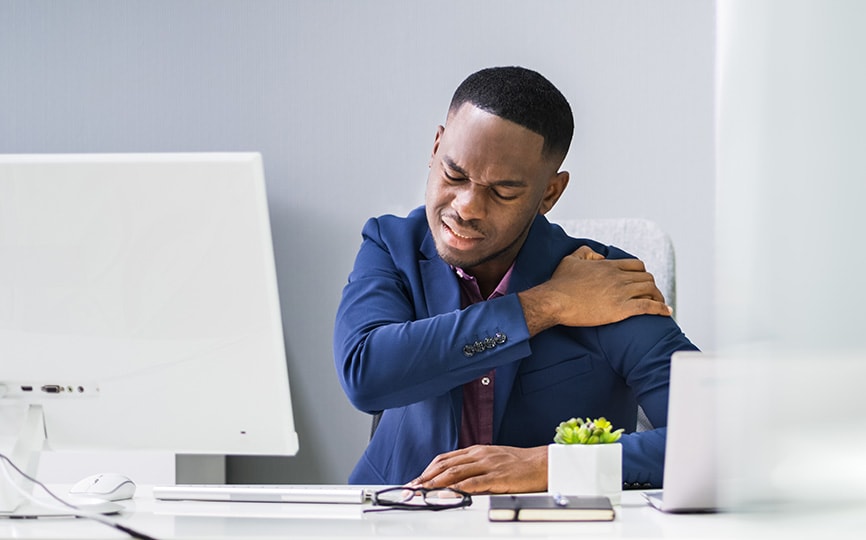With the first round of school holidays coming on April 8-27 (in NSW), children are going to be enjoying a break from pencils, books and “teachers’ dirty looks” for a couple of weeks over Easter.
As they happily munch away on their chocolate Easter eggs, and sit playing a game on Xbox 360, PlayStation, or on the home computer, it is important that parents be aware of their children’s posture, while their time is consumed in front of these devices.
Kids have a tendency to relax in ways that many adults would find uncomfortable, often on furniture that is way too big for them. Parents can help prevent their children from falling into these odd positions by providing several options with the onset of the school holidays.
- Limiting electronics use – this is something that tends to be a staple disciplinary measure for many parents already, but there is a tendency to leave the children in front of the television for longer than normal periods during the holidays. This can also apply to computer gaming, and may well be managed by allocating 20-30 minute breaks between gaming sessions. The question is what to DO on these breaks? Just imagine the kinds of chores the children could be doing in these times (cleaning, sweeping, washing a car, walking the dog).
- Pillows – If the children must sit on the couch, help them achieve a better posture by making several pillows available for them to support their spine. If you don’t have any dedicated couch pillows, the ones on the bed are a good alternative, or even some rolled up towels in the linen cupboard.
- Smaller furniture – it would be great to have some child sized furniture around the house for the all of the ages and stages. Unfortunately for many, the budget doesn’t extend this far, and children are left to adapt to adult sized chairs, tables, couches etc. Next time your child is slouching in an oversized chair, this is probably just the child adopting the most comfortable posture they can, given the circumstance.
- Outside play – what USED to be the ‘norm’ for kids born prior to the days of today’s technological advances (circa 1985). Outside play is very important for normal growth and development of a child. A lack of physical activity is being seen more and more in modern society, as is the rate of obesity in children. Outside play allows a child to develop important skills for the future – confidence, problem solving, coordination, balance, attention to detail.
- Exercise/Sport – This is probably the best way to help a child maintain and develop a better posture, as core muscles are used to stabilise and improve spinal function long after the exercises are done. A regular exercise routine assists in social and physical development, and should be considered an absolute necessity to every child’s daily life.
To be fair, even if children don’t get the chance to do all of the above, they may still develop skills in logic, spatial awareness, problem solving and hand-eye coordination just by sitting in front of a computer/video game. These too are important skills, and children these days have these skills developed at a much higher level than did their elders.
Many of us have developed our postural habits from when we were younger; habits can be difficult things to change when they have had a few years to reinforce themselves. Perhaps your own parents hounded you to ‘straighten up’ on more than one occasion. They might have been onto something.
Remember, holidays last just a few weeks. Before you know it, they will be back at school, wearing heavy bags on their shoulders, sitting at desks day after day, and lounging around on weekends, and parents can take a deep breath, sit back and relax again.. on the couch.. you’re not slouching there, are you?


Leave A Comment
You must be logged in to post a comment.